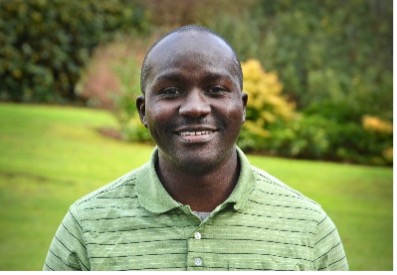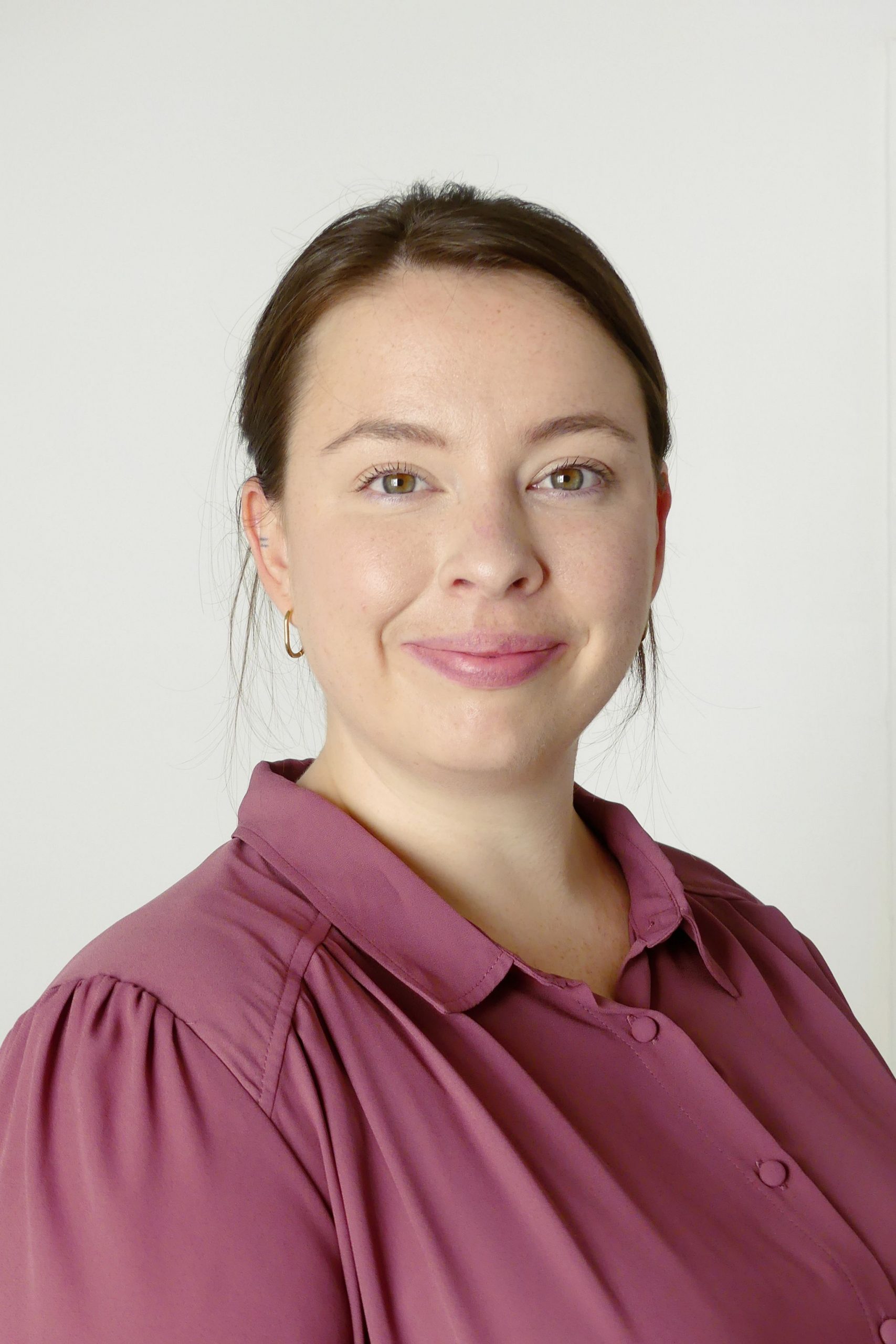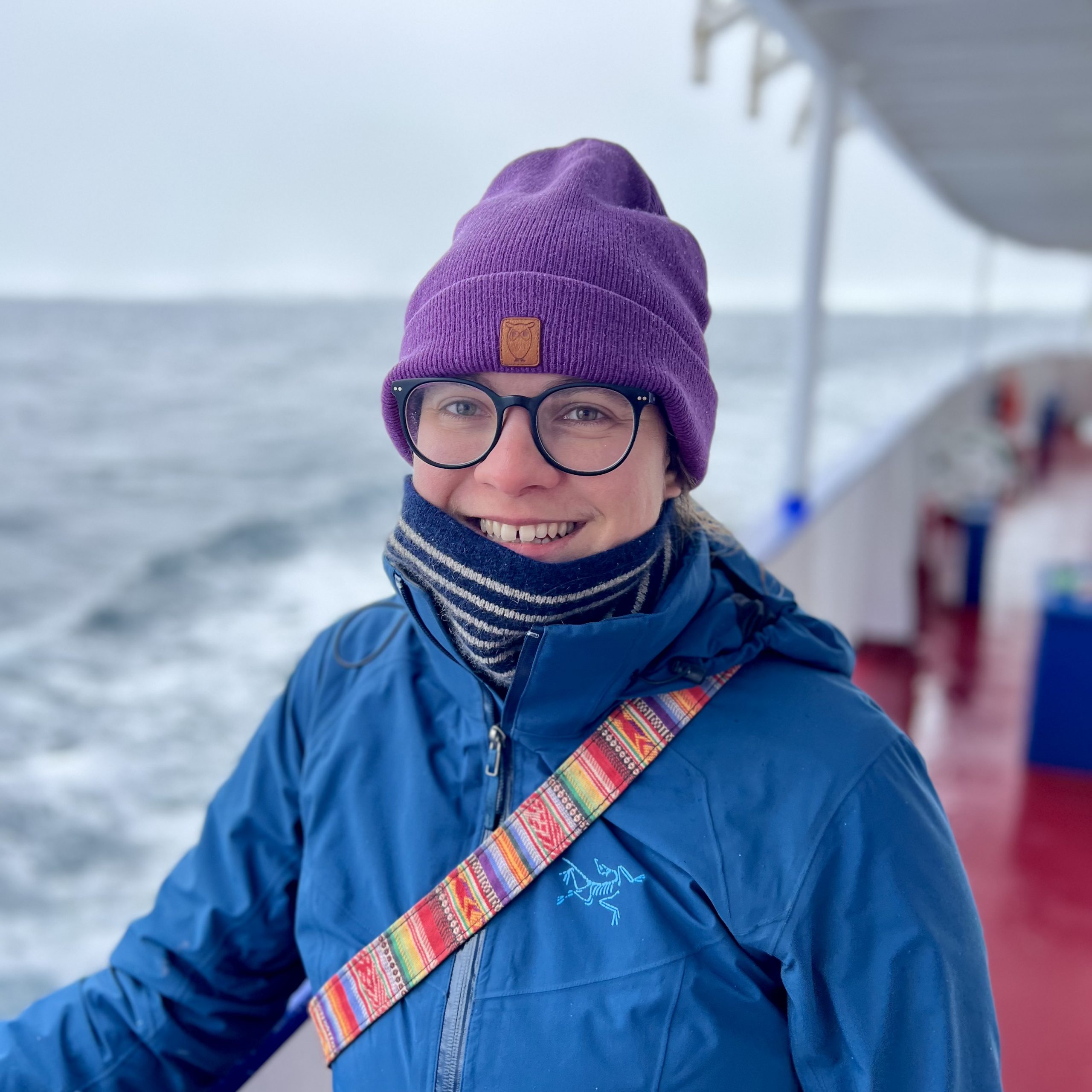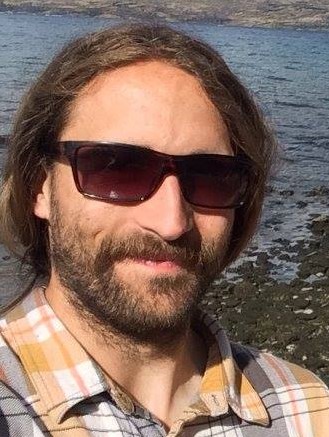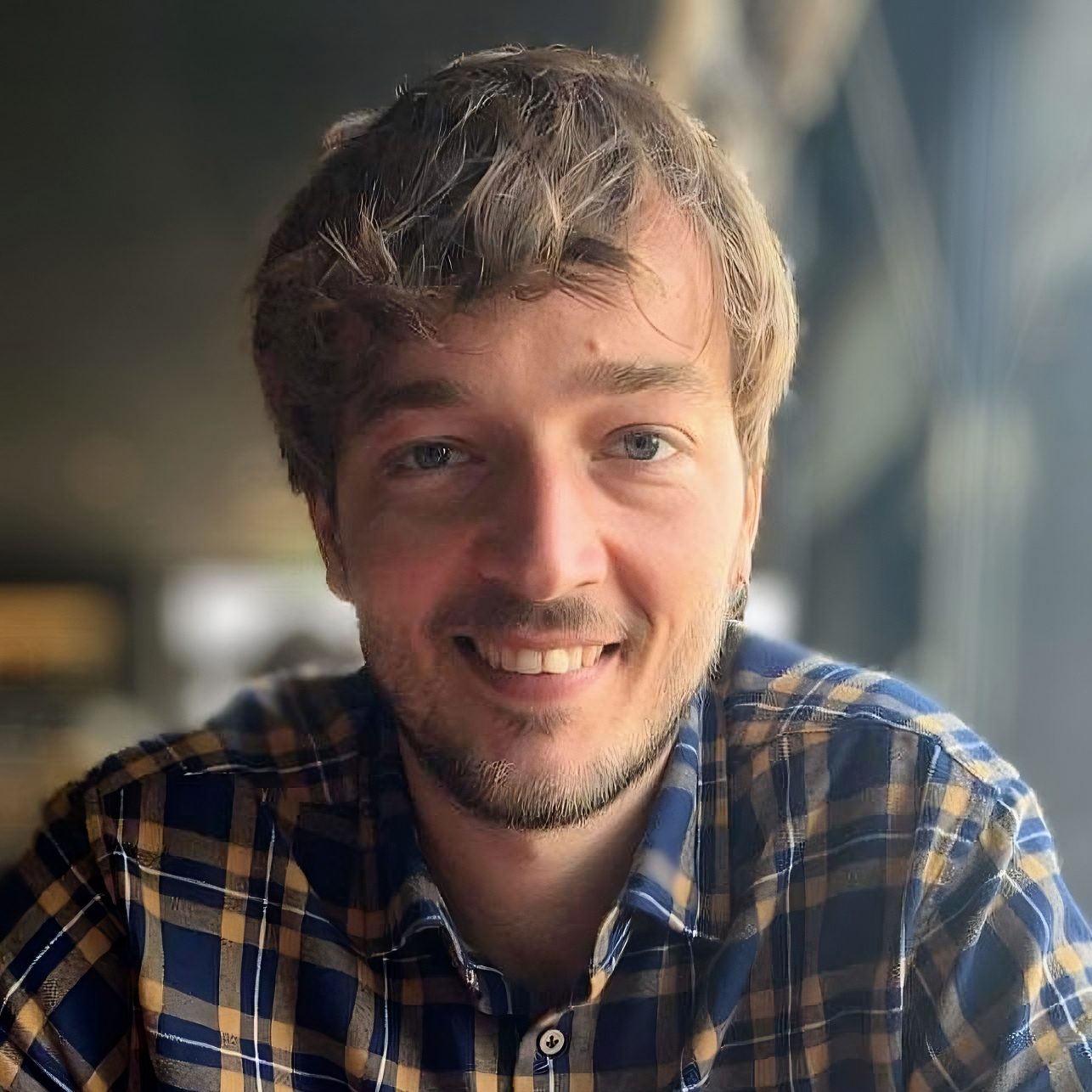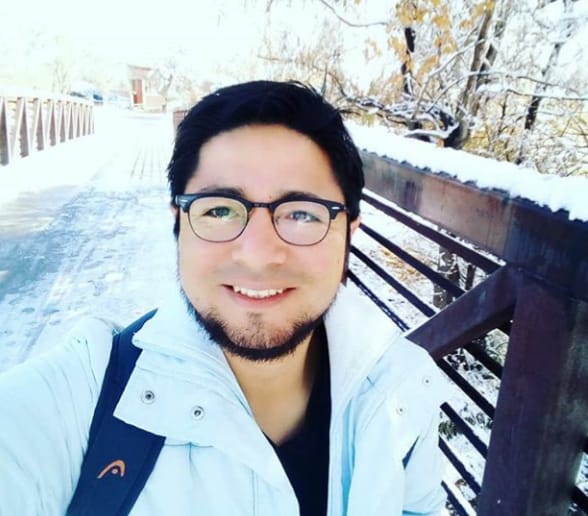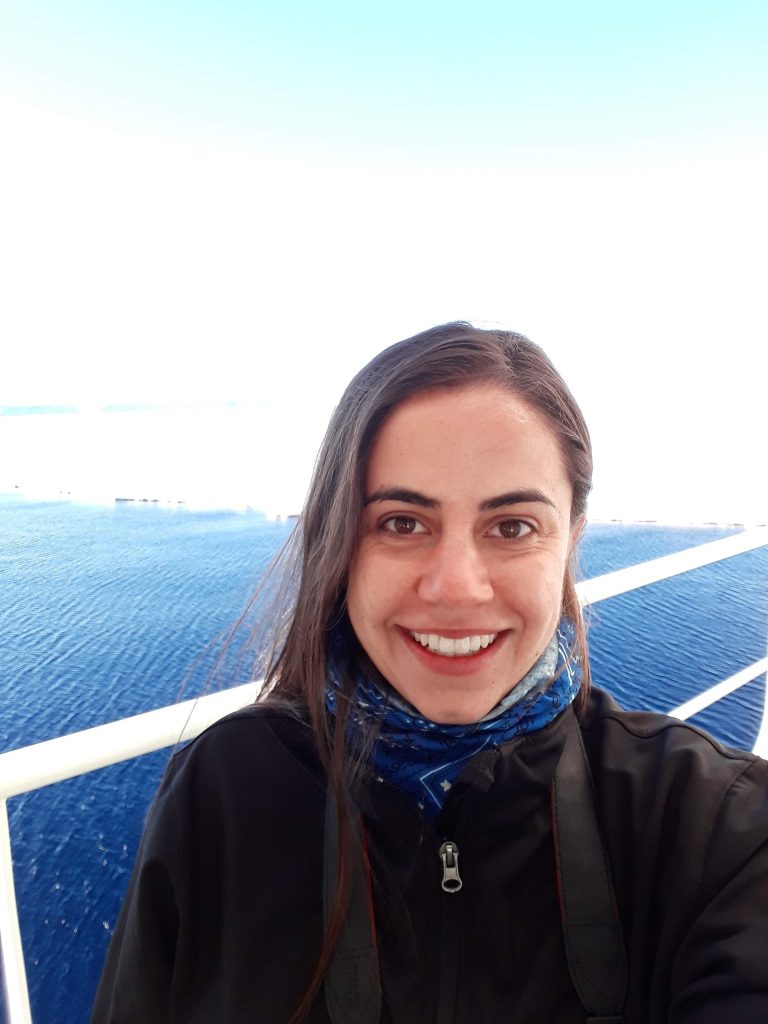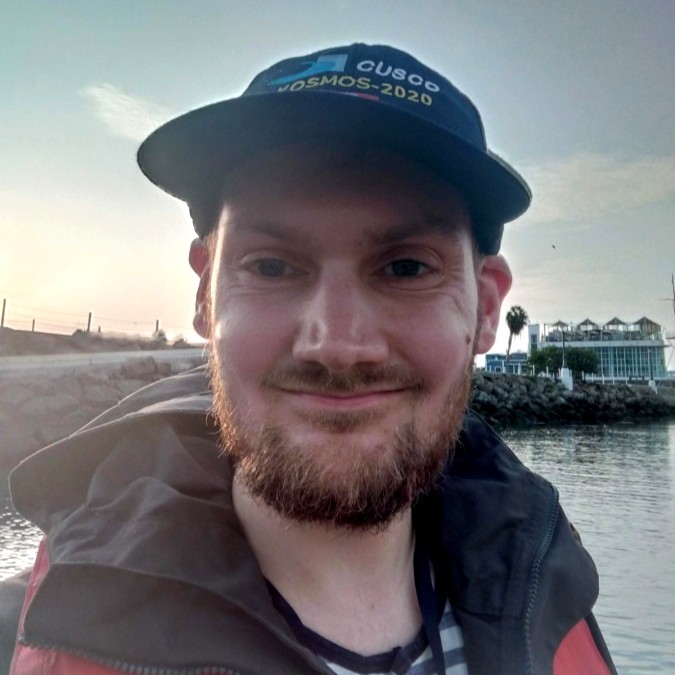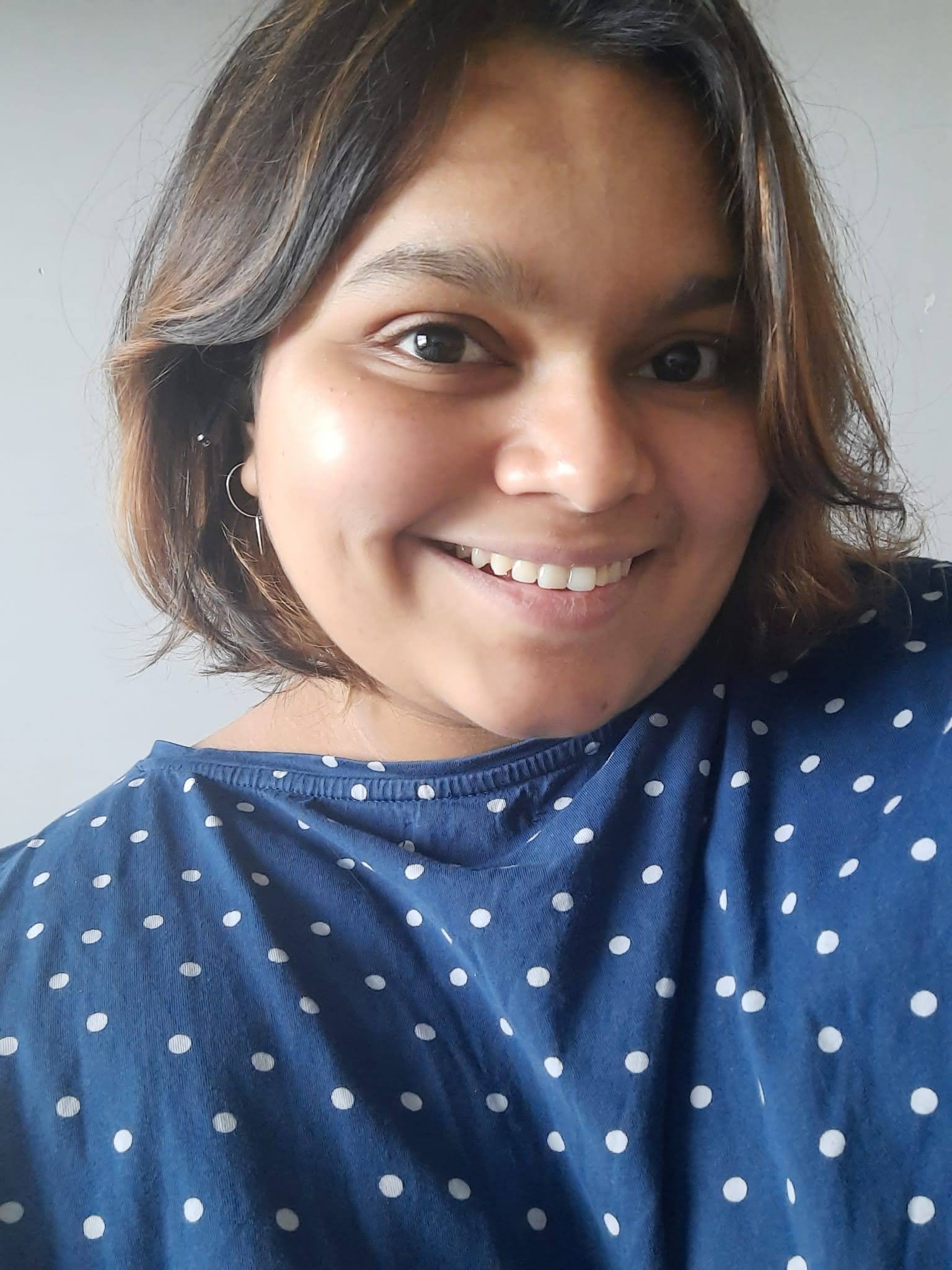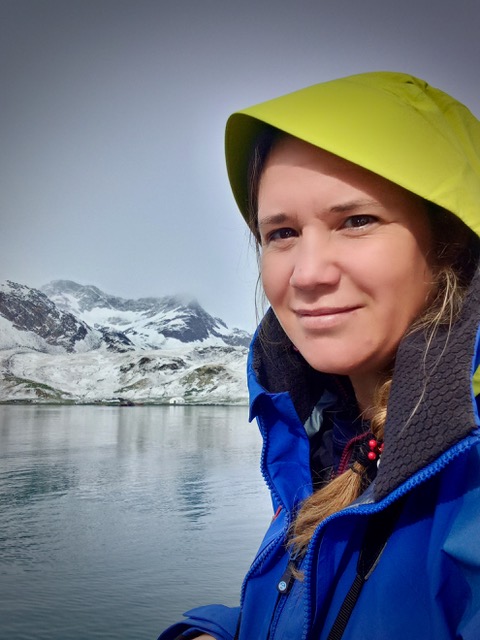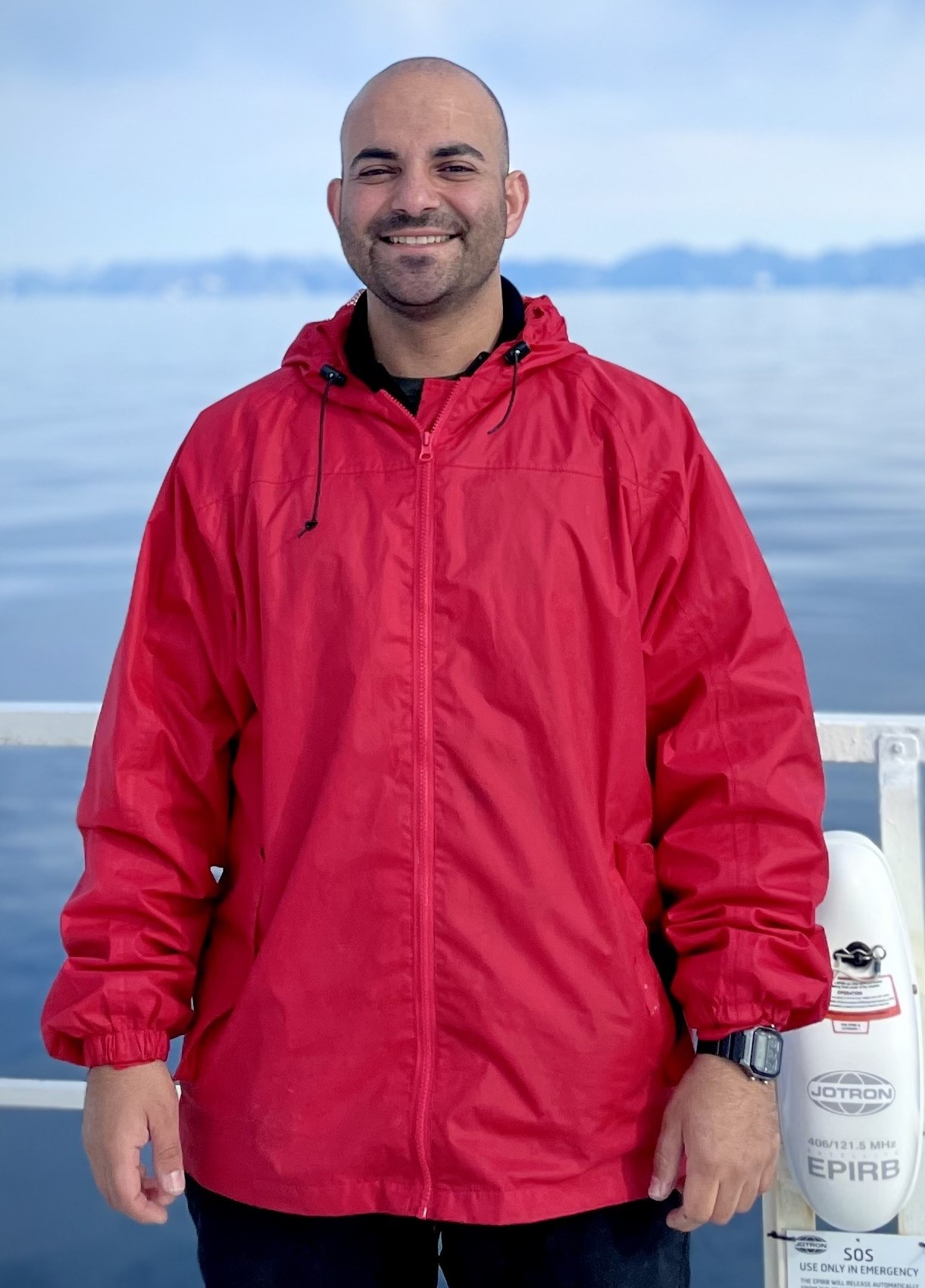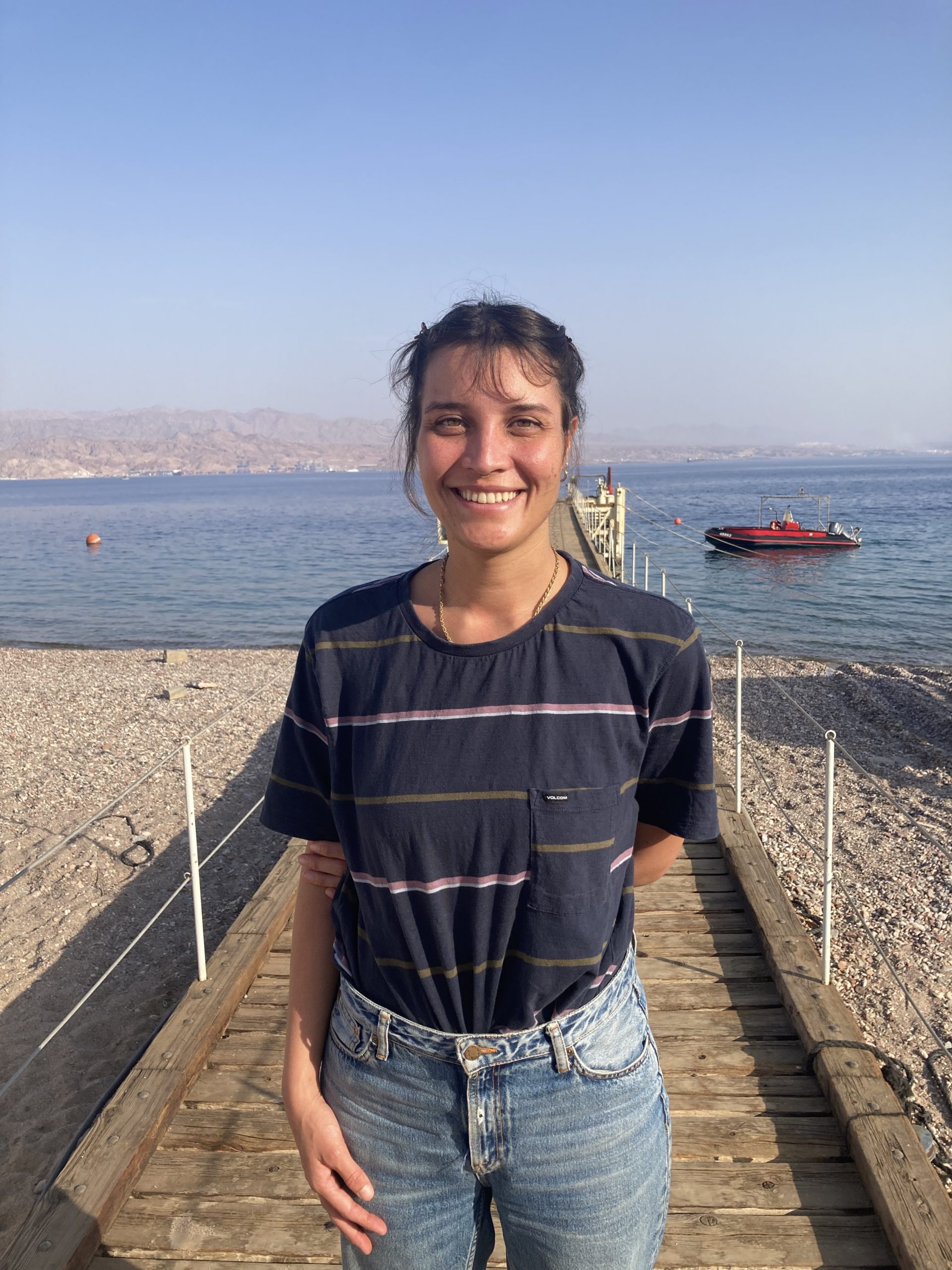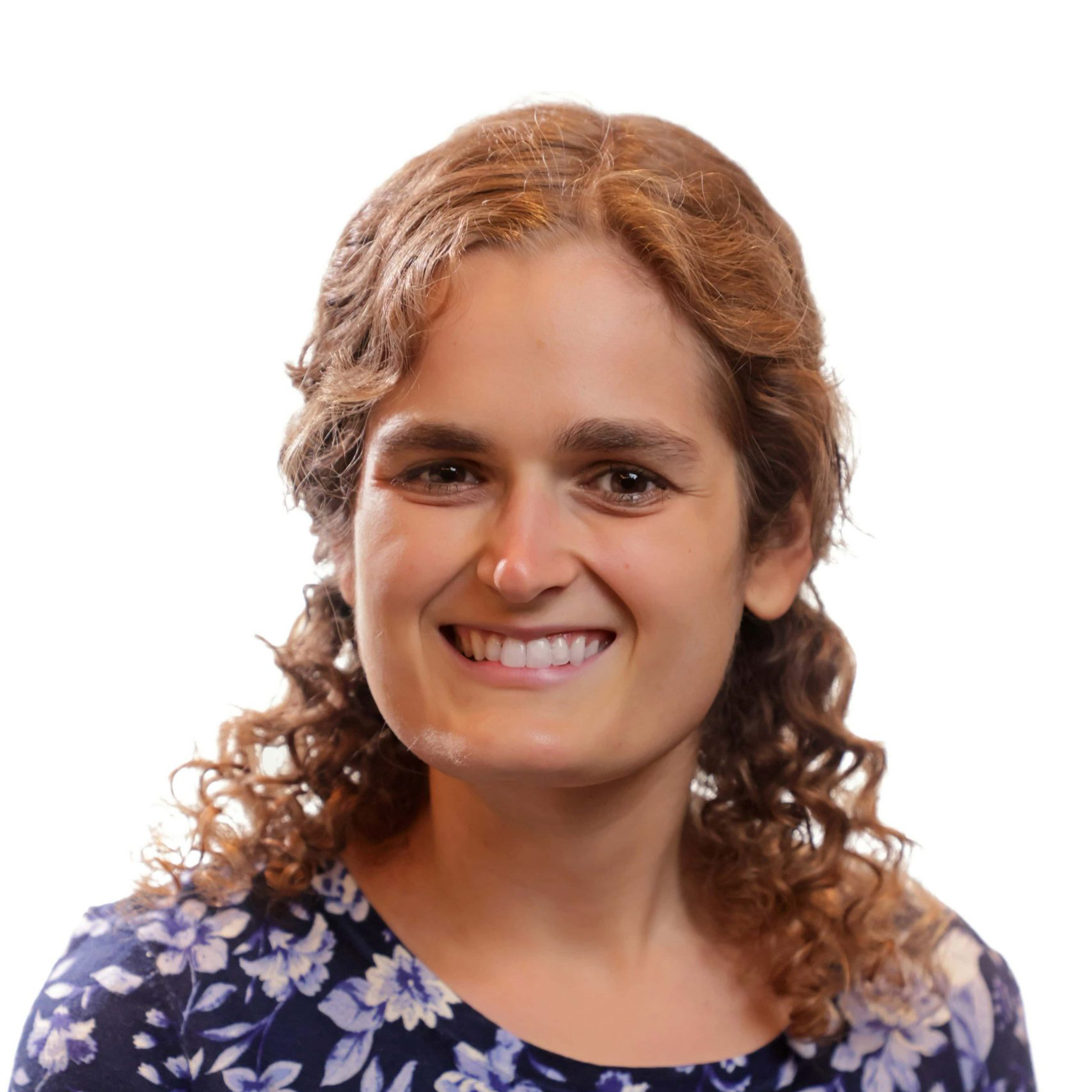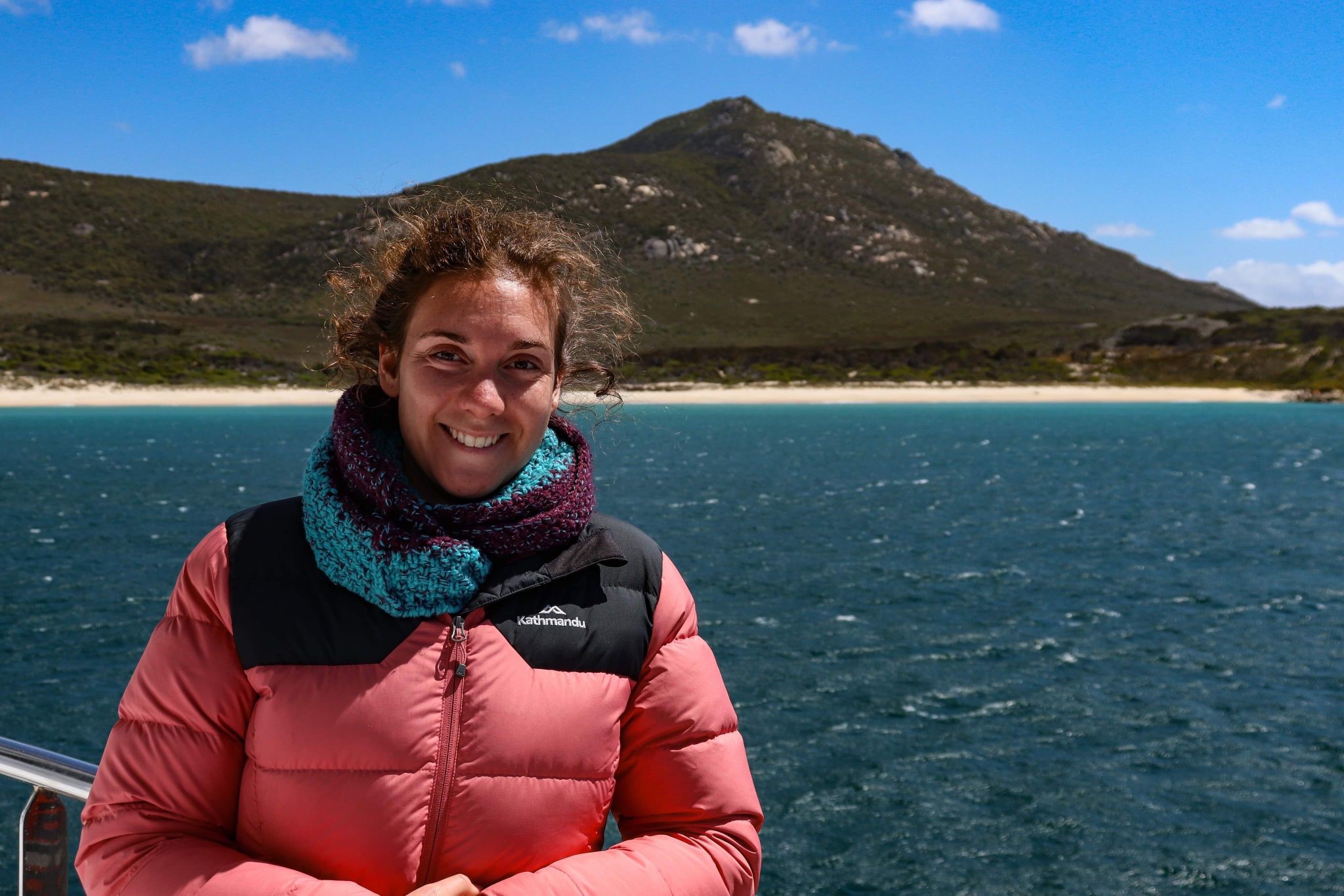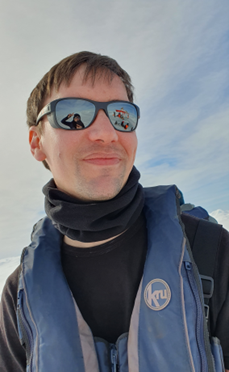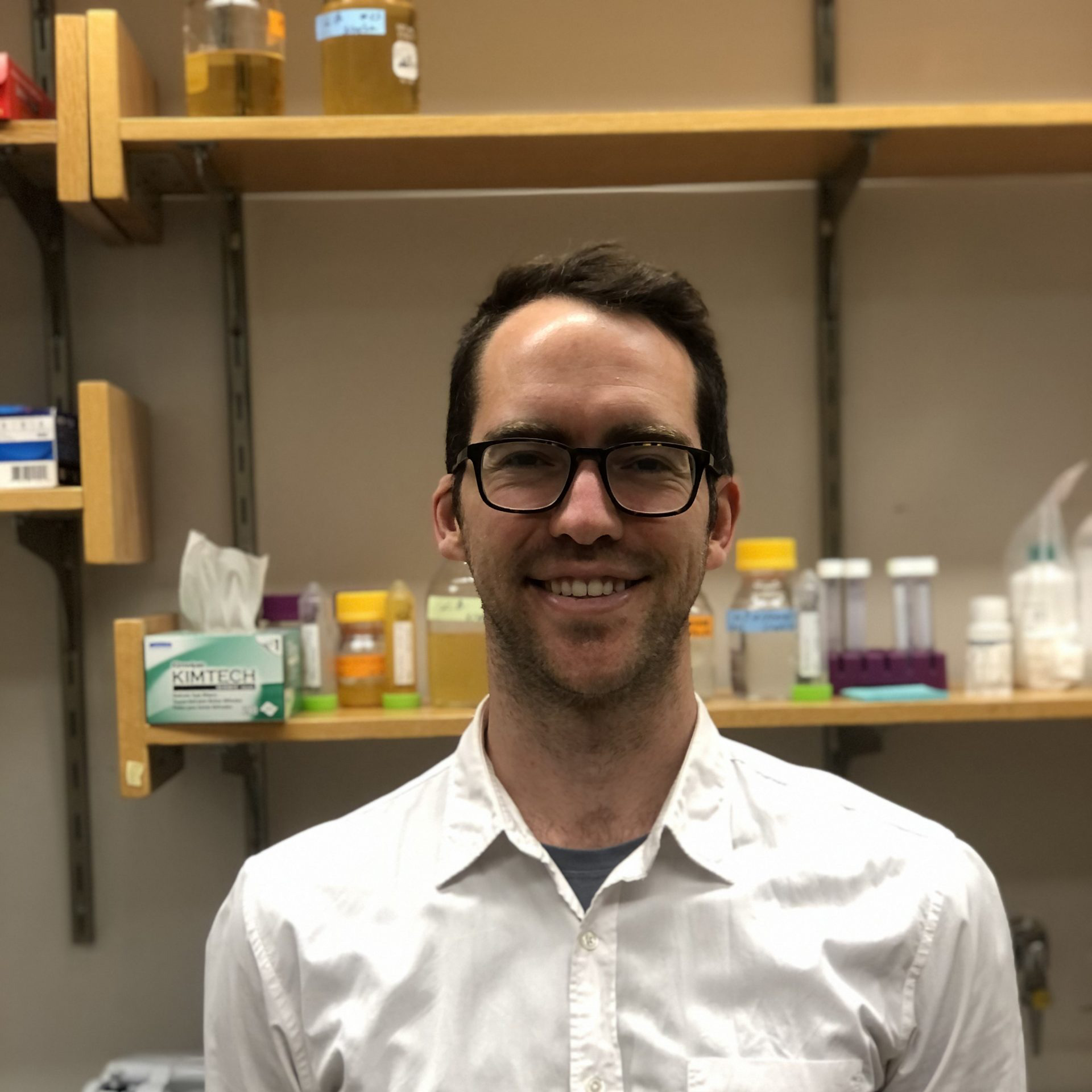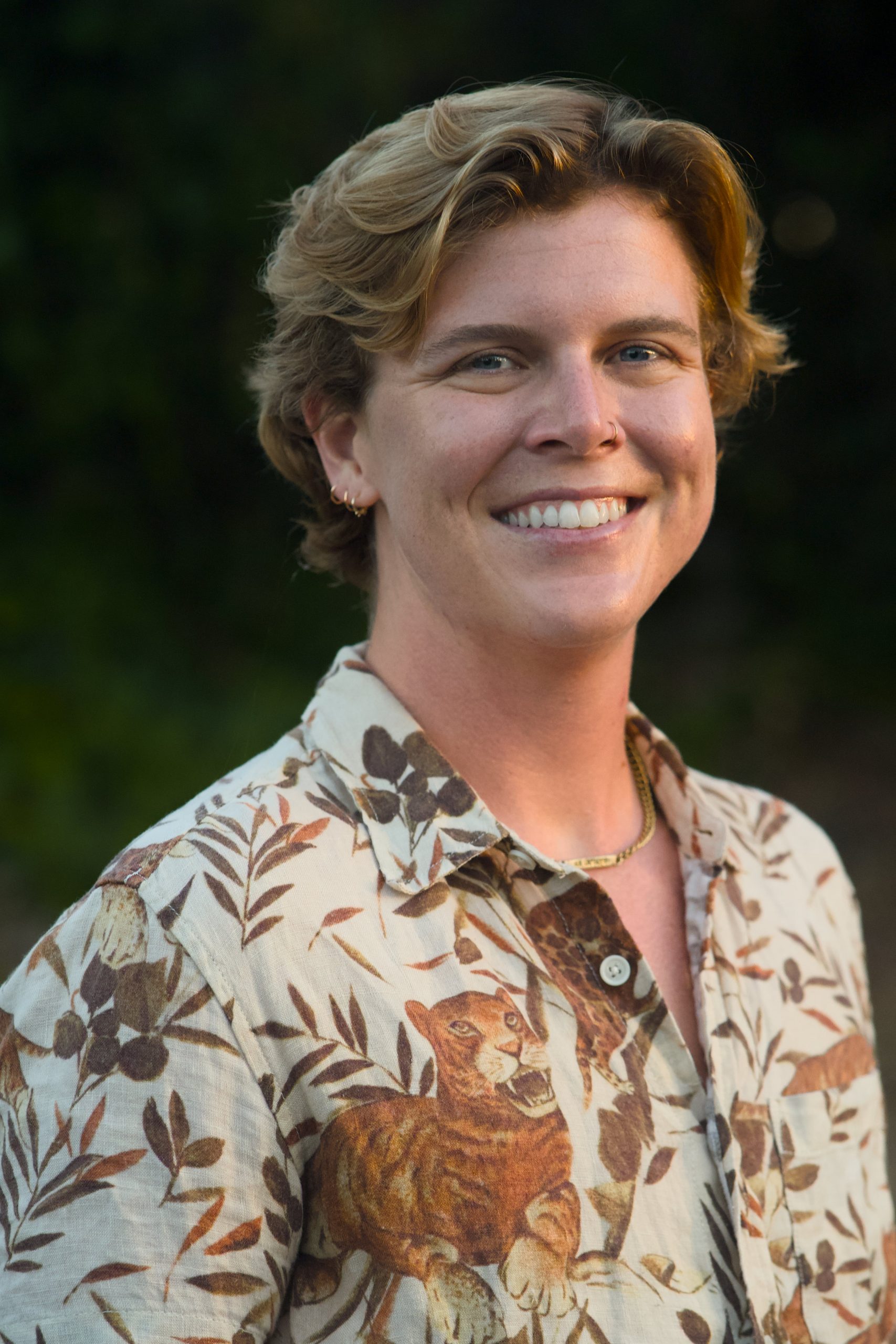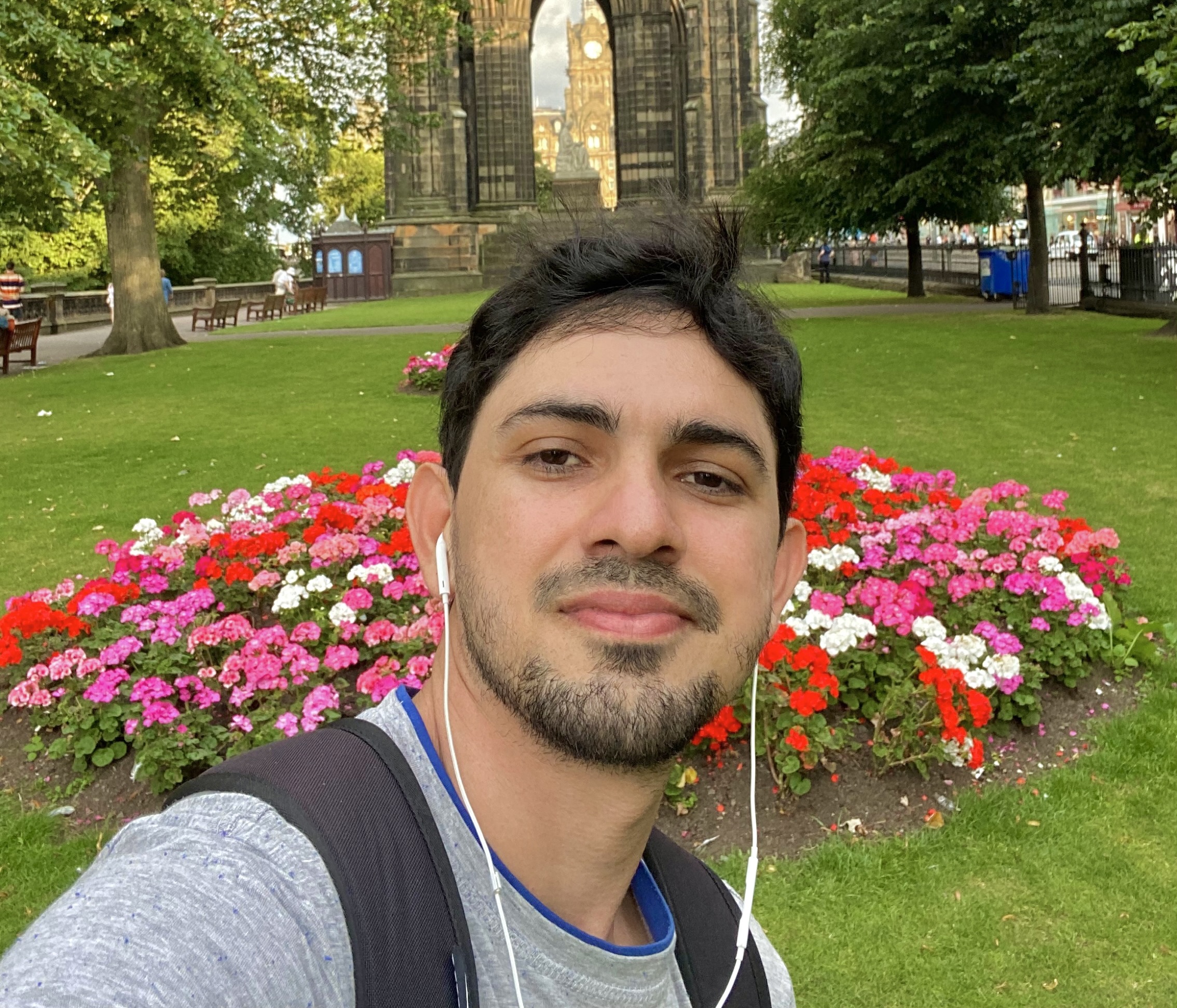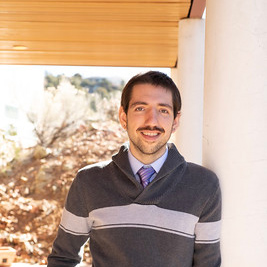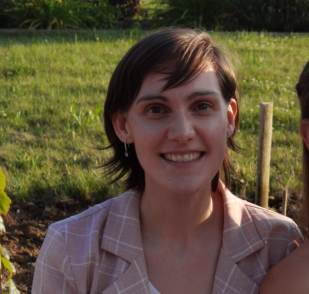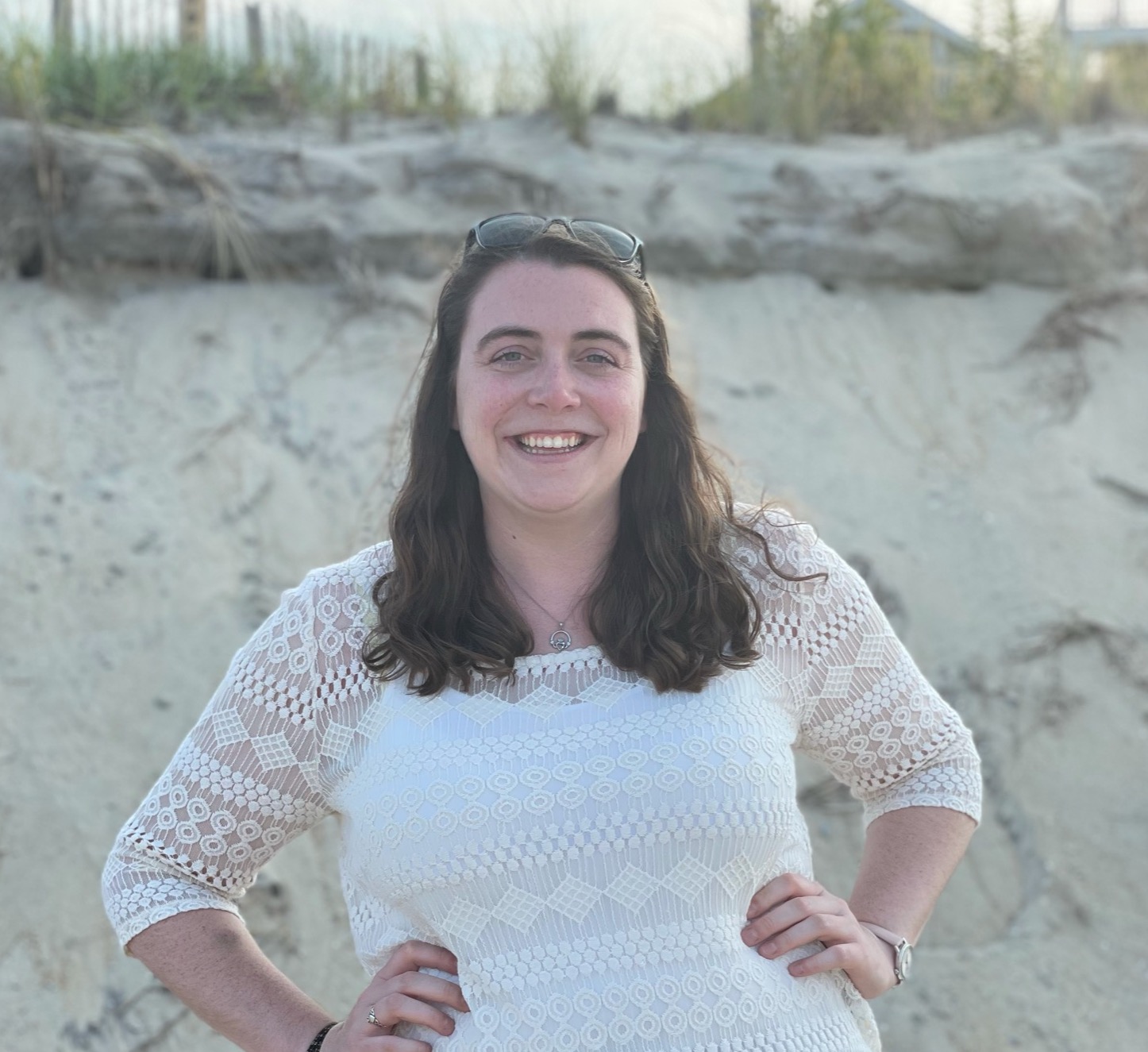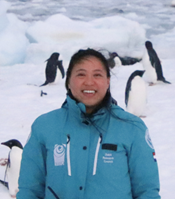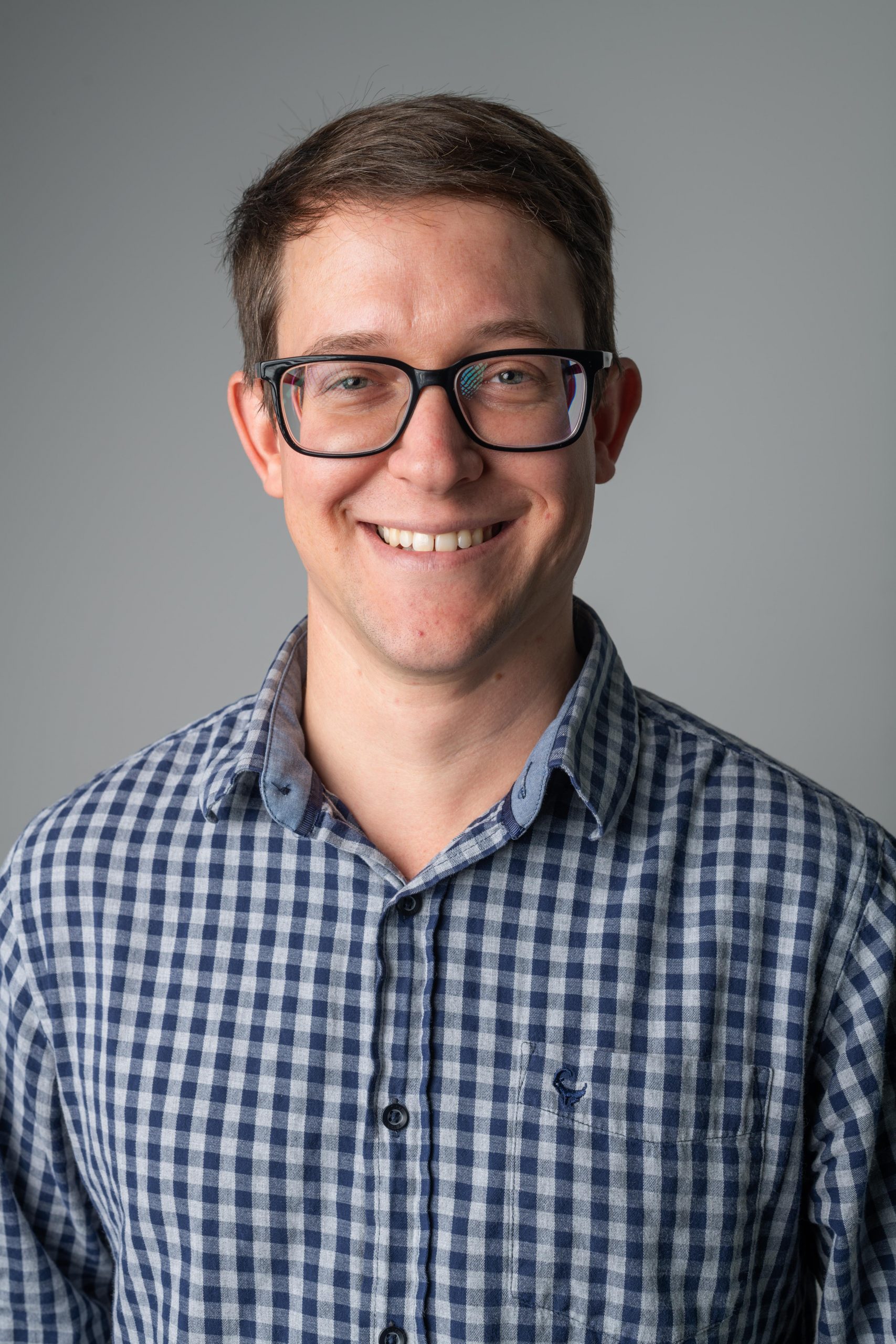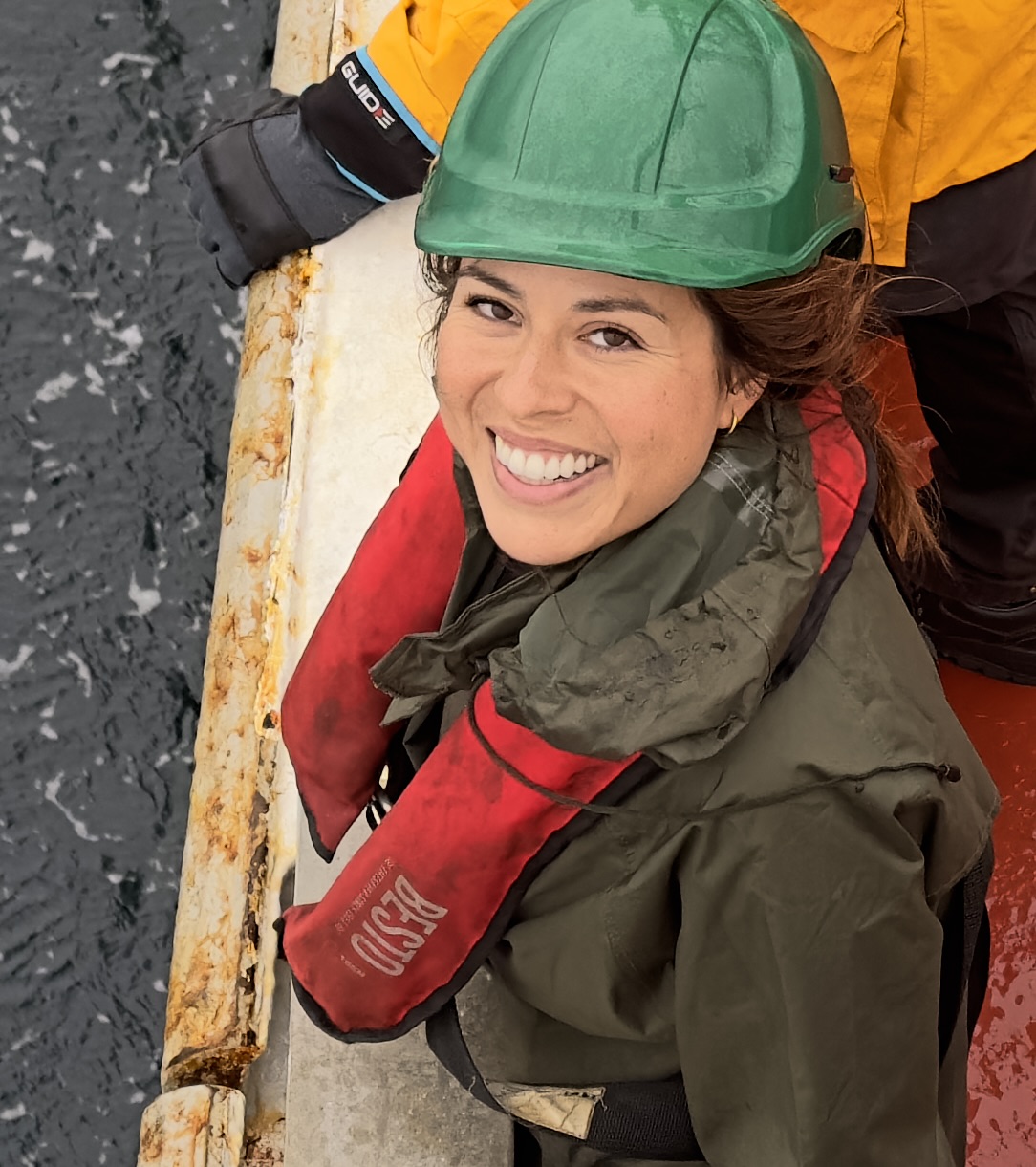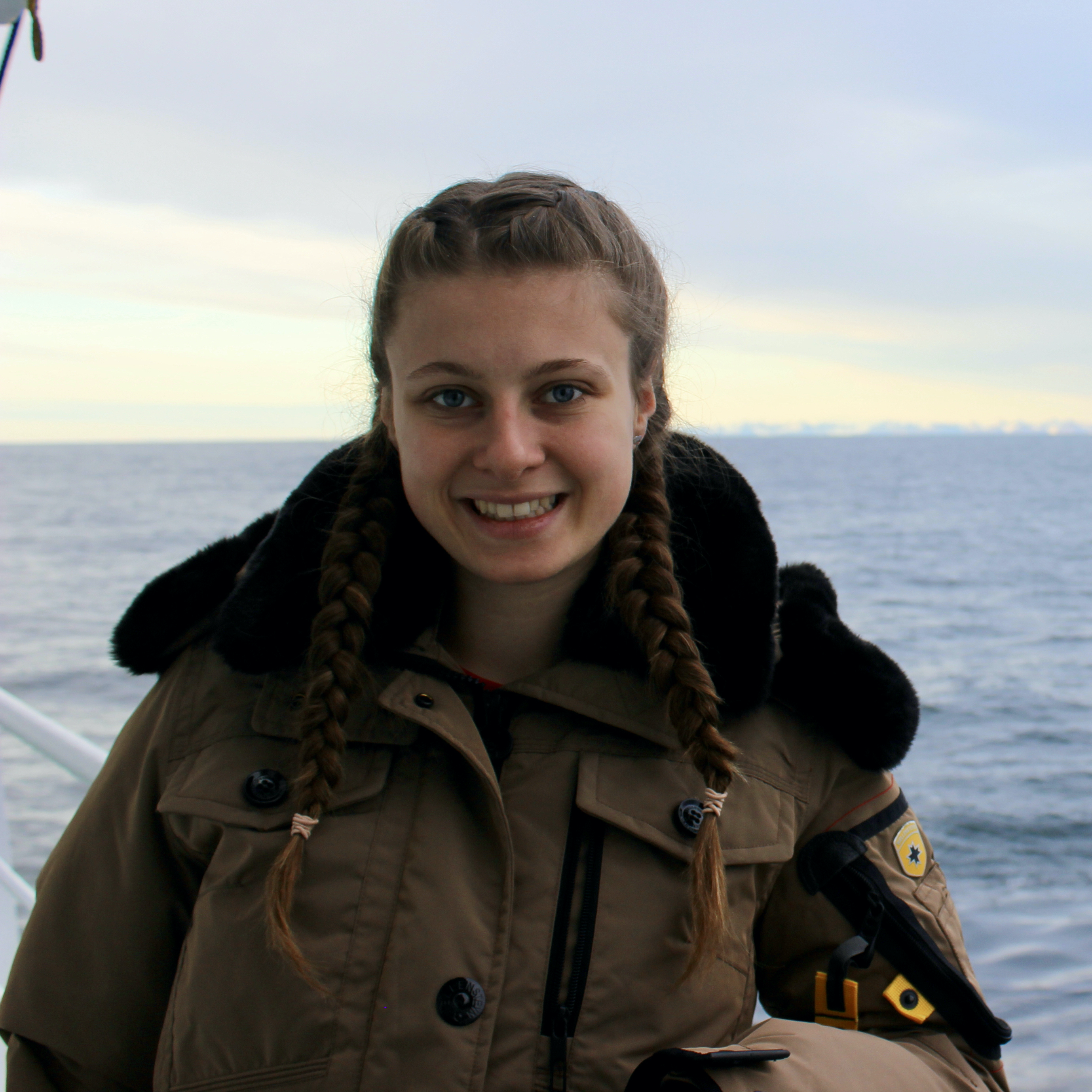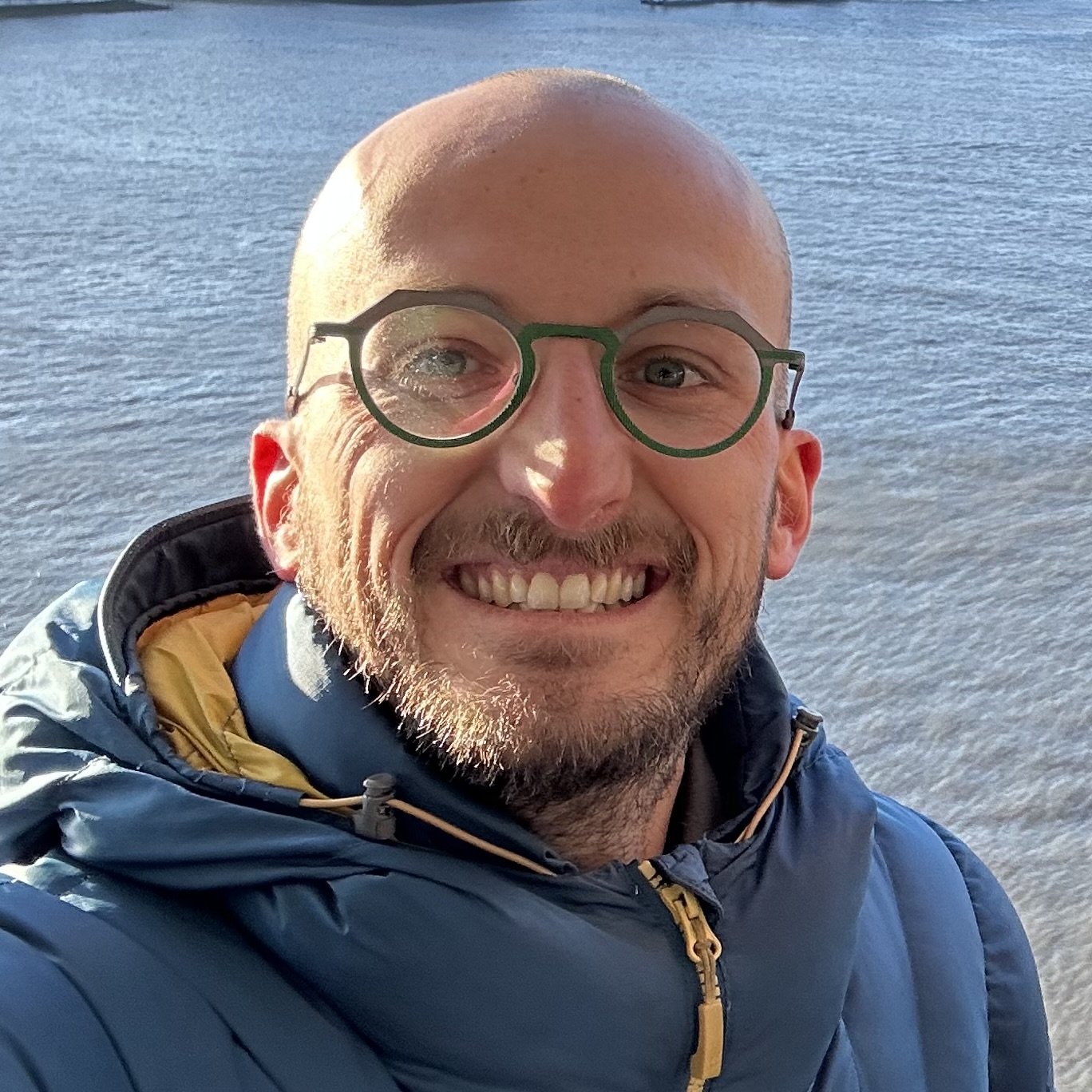This program brings together an international, interdisciplinary cohort of early career researchers (postdocs and senior graduate students) working in experimental and modeling backgrounds in the areas of ocean metabolism, biogeochemical cycling, biological oceanography, chemical oceanography, and marine microbiology.
Each Fellow receives a professional development award that can be used for travel related to laboratory exchanges, courses, workshops, conferences or other collaborative efforts. Fellows participate in monthly networking events for at least one year, as well as an in-person workshop. Read more here about the first cohort's August 2024 workshop hosted at Santa Fe Institute (pictured).
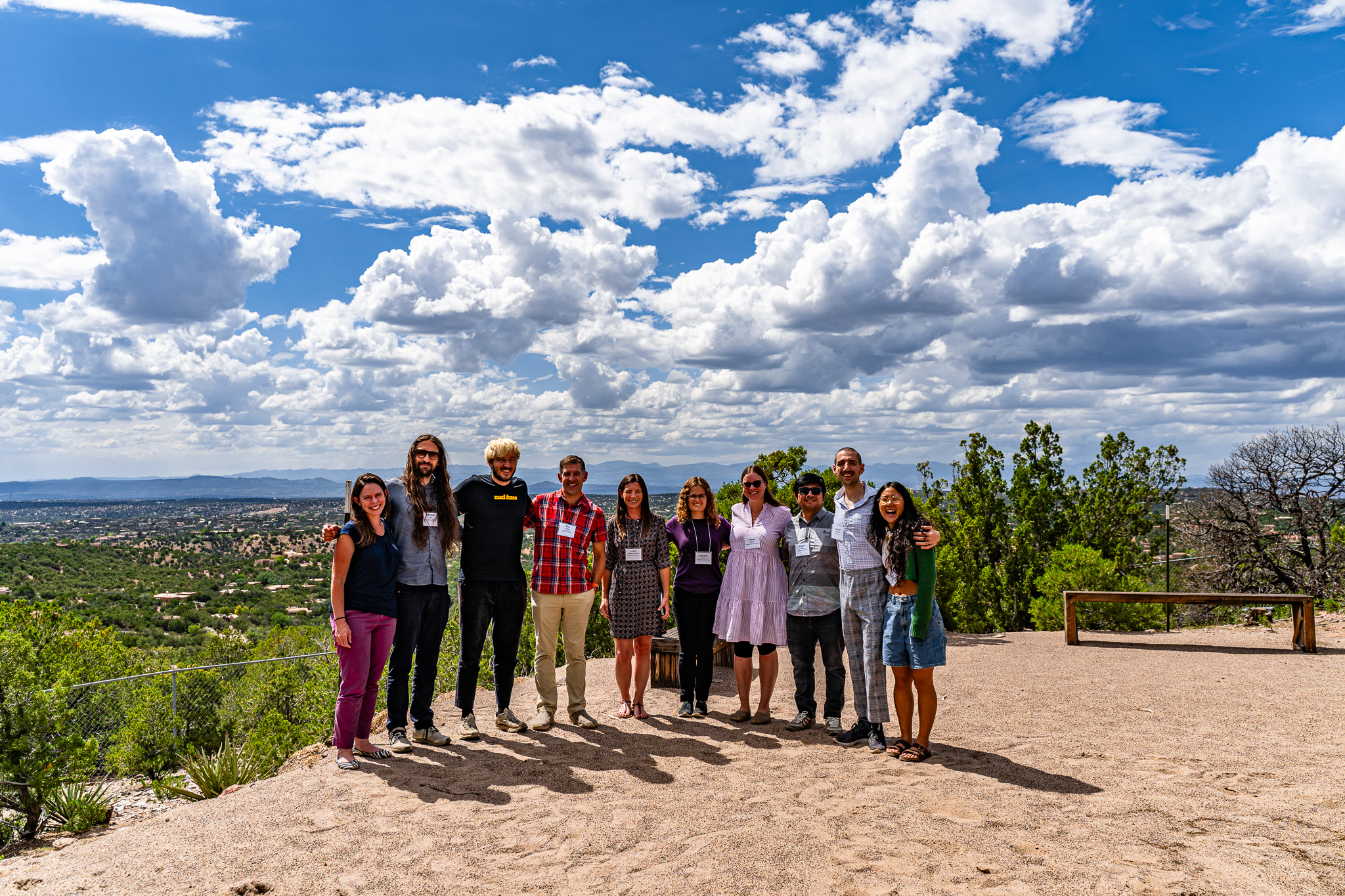
BioGeoSCAPES Fellows
Search
Sort by Nation:
Kenya
Dr. Preston Akenga
Germany
Dr. Catherine Bannon
Denmark
Dr. Meriel J. Bittner
Norway
Michael Dills
France
Emile Faure
United States
Dr. Edgart Flores
South Africa, United States
Dr. Raquel Flynn
Denmark, Sweden
Dr. Christian Furbo Reeder
France, India
Dr. Sharvari Gadegaonkar
Brazil
Dr. Paula Huber
Canada, Lebanon, United States
Dr. Loay Jabre
Israel
Dr. Coco Koedooder
United States
Dr. Arianna Krinos
Australia
Dr. Pauline LaTour
United Kingdom
Dr. Alastair Lough
United States
Dr. Scott McCain
United States
Dr. Julien T. Middleton
Brazil
Thiago Monteiro
United States
Dr. Daniel Muratore
France
Camille Richon
United States
Dr. Katherine Roche
France, Malaysia, The Netherlands
Dr. Swan Sow
South Africa, United Kingdom
Dr. Johan Viljoen
Denmark
Dr. Clara Vives
Sweden, Switzerland
Dr. Anabel von Jackowski
Australia

